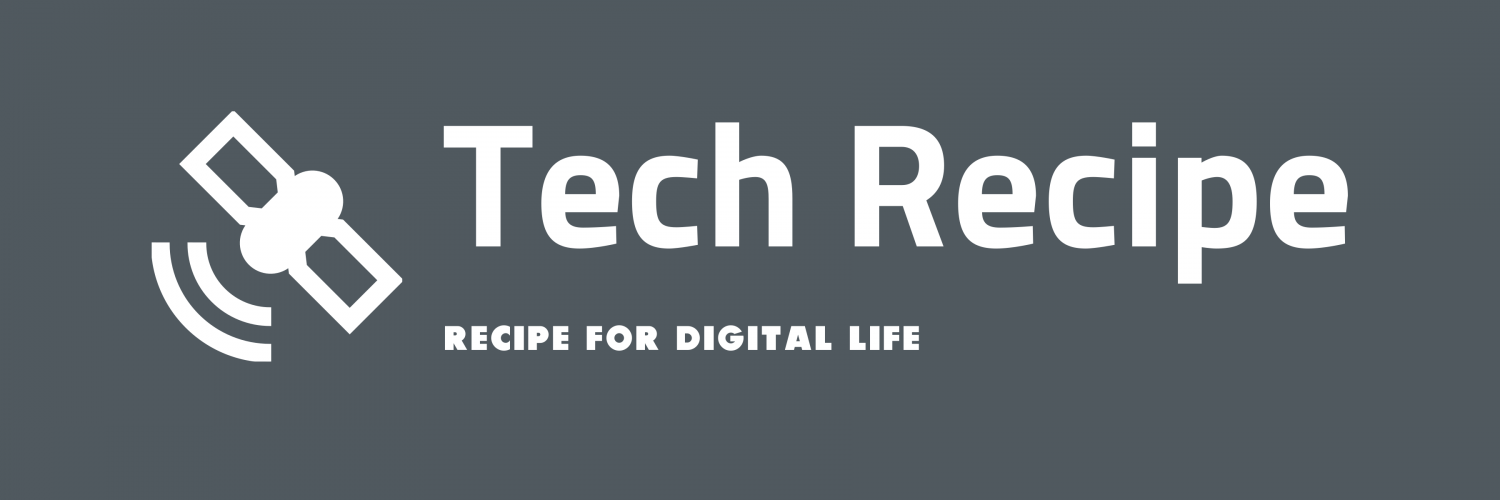
Although Facebook changed the company name to Meta at the end of October, the UK Digital Minister issued a statement that criminal punishment was inevitable even if the company rebranded.
UK Digital, Culture, Media and Sports Minister Nadine Dorries told lawmakers at a public hearing on online safety legislation that she promised criminal penalties for social media executives under the new law. In this context, the remark seems to have declared that the largest social media, Meta, would not stop pursuing criminal responsibility just because the name was changed.
The UK is considering imposing a fine of 10% of global annual sales or £18 million, whichever is greater, on social media companies that support the spread of illegal or harmful content. An executive of such a social media company is likely to face criminal punishment within two years if it cannot stop the spread of content considered illegal.
But Secretary Doris said it would take three to six months to demand a faster response and to seek criminal responsibility instead of two years.
In the UK, the movement to strengthen social media regulations is accelerating. One of the triggers was when former meta executive Francis Haugen released tens of thousands of pages of internal research data, revealing what he was hiding while knowing that Instagram was having a detrimental effect on the mental health of a teenage girl. Haugen later testified at EU public hearings and in the British Parliament.
Meta reveals that the reason for the brand change is to focus on the response that builds the so-called metaverse. However, many reports continue to criticize whether the name change is an attempt to divert attention from the recent problems. Meta also has announced that it will hire 10,000 engineers from the UK to build the metaverse. But Secretary Doris said that these additional hires should be provided with jobs that adhere to terms and conditions and remove harmful algorithms.
In a column he wrote last month, Secretary Doris said the issue of anonymity was the main topic of discussion on online abuse, arguing that safety legislation would end anonymous abuse. It seems difficult to avoid the impression that Meta tried to turn its attention only after it was revealed that the motive for changing its name to Facebook was that it had research data that its social media had a bad influence on teenagers, and that they were hiding it. Related information can be found here.


















Add comment